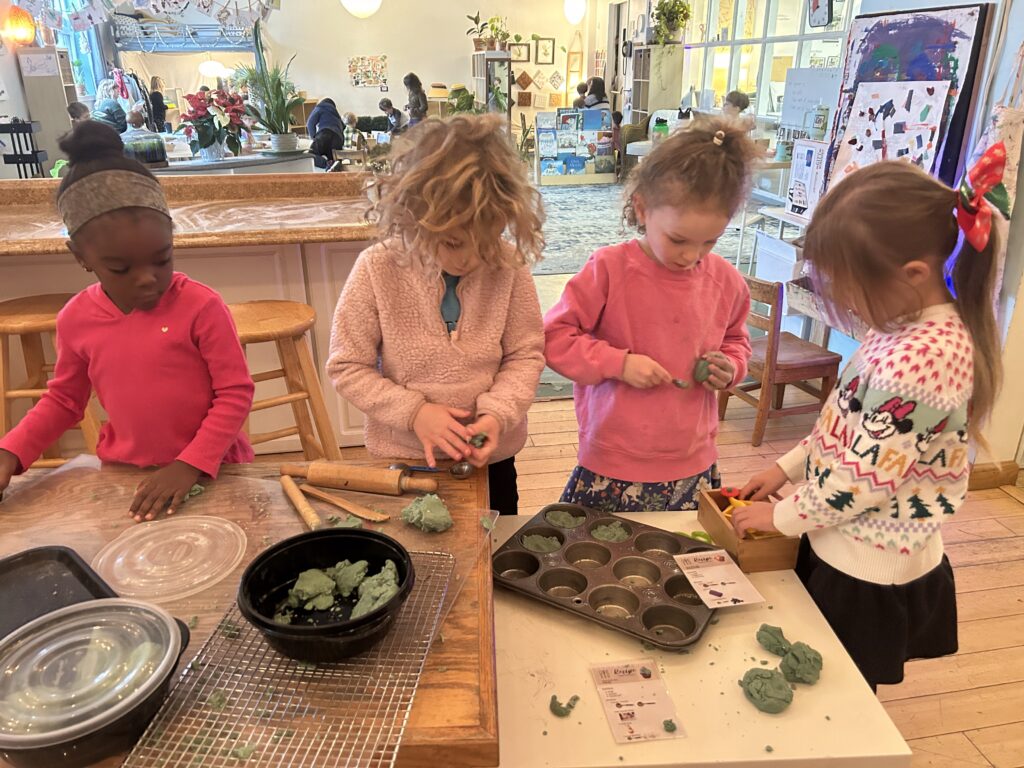A Child-Centered Approach That Honors Curiosity, Voice, and Growth
At The College School, the Reggio Emilia philosophy has been a source of inspiration since 1992, shaping the way we view children and design learning experiences, especially in our Preschool and Kindergarten classrooms. Rooted in the belief that children are capable, creative, and full of potential, this approach fosters deep curiosity, collaboration, and joyful exploration.
It’s more than a teaching method—it’s the foundation for how we engage students throughout their journey at TCS. The habits of inquiry, reflection, and self-expression that begin in our Reggio-inspired classrooms naturally evolve into the Experiential Learning that defines our Elementary and Middle School grades, where students continue to explore, create, and connect their learning to the wider world.
Core Principles that Guide our Reggio Inspired Preschool and Kindergarten Classrooms
• Children are capable and curious.
Students are seen as active thinkers and problem-solvers. They ask big questions, test ideas, and engage in meaningful discovery every day
• Teachers are guides and co-learners.
Our educators observe, listen, and provoke thoughtful inquiry. They support children’s exploration rather than deliver one-size-fits-all instruction
• The environment is part of the learning.
Classrooms are designed to reflect children’s interests and to invite collaboration, creativity, and focus. Materials are intentionally chosen to inspire deep engagement
• Documentation tells the story of learning.
Teachers capture student thinking through photos, quotes, and work samples, making the learning process visible to children, families, and the school community
Why it Matters: What Children Gain
• Confidence to express themselves in many ways—through art, storytelling, building, movement, and more
• Stronger communication and collaboration skills through peer dialogue and shared projects
• Creative and critical thinking developed through open-ended exploration
• Respect for self and others as they engage in meaningful, community-driven work
• A lifelong love of learning fueled by curiosity, wonder, and connection



